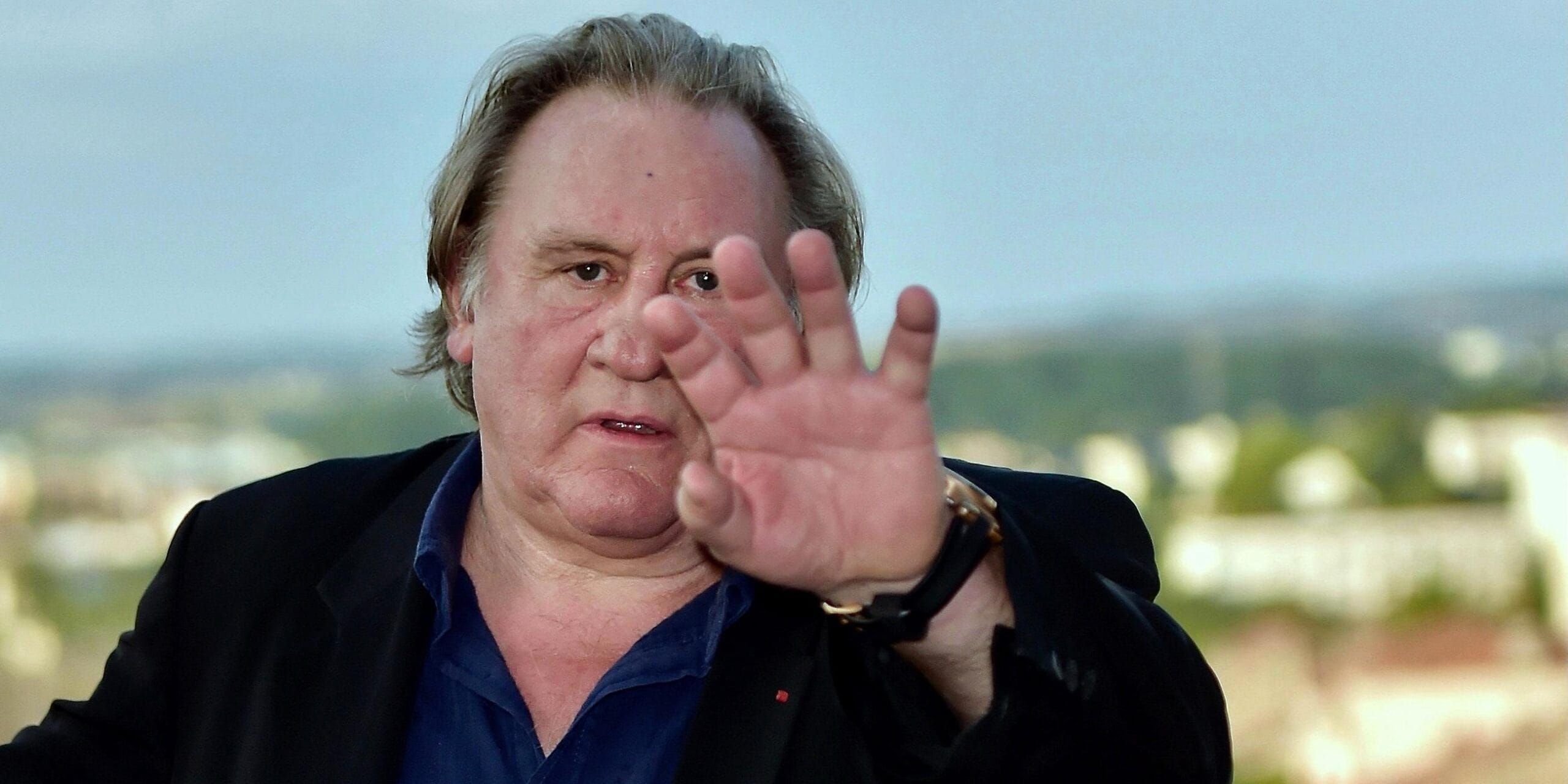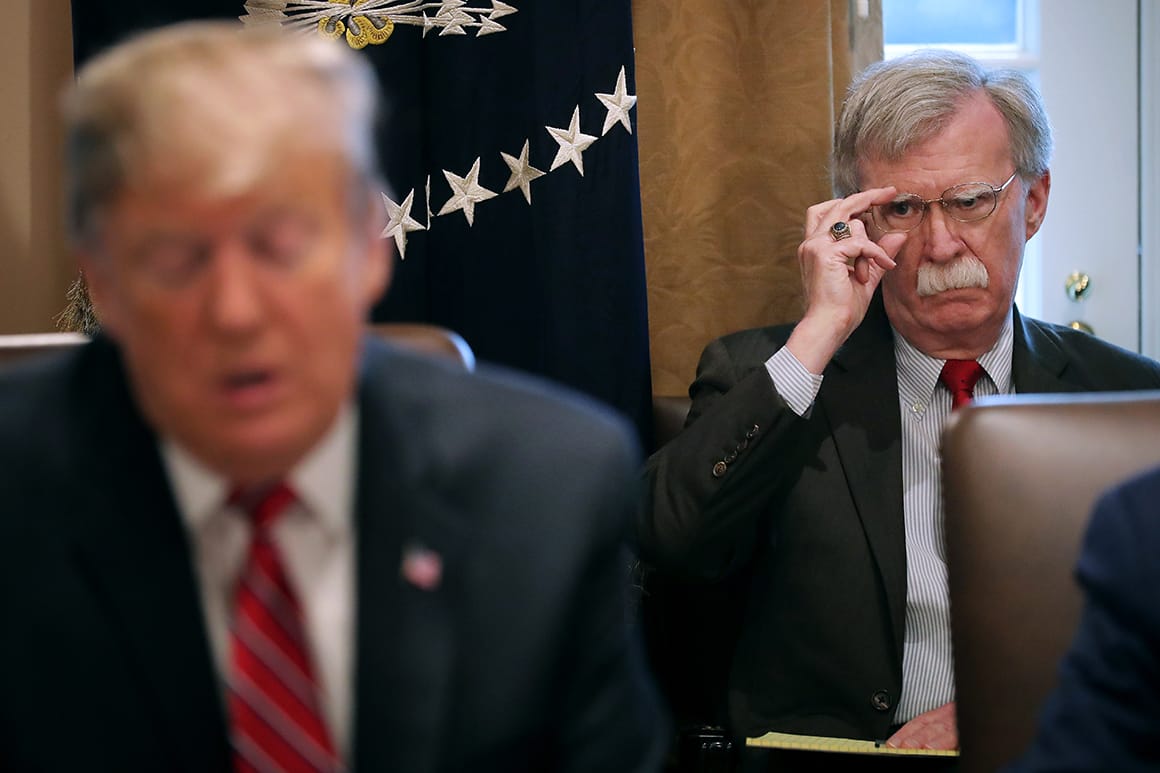Following his departure from office, former President Donald Trump has continued to engage in activities that have drawn considerable scrutiny regarding their potential impact on the Department of Justice. These actions have sparked a broader debate about the relationship between political leaders and the nation’s legal institutions, a discussion that frequently surfaces in the context of any administration but has been especially pronounced given the unique circumstances of Trump’s tenure and his post-presidency actions. While specific incidents vary, there has been an overarching theme of potential interference or influence exerted upon the Justice Department. Trump has made numerous public statements critical of the Justice Department, often singling out specific individuals and cases. These statements, often delivered through rallies, media interviews, and his own social media platform, have been interpreted by some as an effort to undermine the department’s credibility and independence, while others view them as legitimate commentary on perceived overreach or missteps. These statements are of particular concern considering Trump’s history with the Justice Department during his time in office. In addition to his public pronouncements, personnel changes have also been a focus of analysis. The appointment of individuals with perceived allegiances to Trump or specific ideological positions has fueled concerns about politicization of the Justice Department. These changes are often attributed to the inherent authority of the executive branch, yet critics note that such actions carry the potential to erode public trust and confidence in the impartiality of the legal system. The removal of officials, and the placement of others, is not a new phenomenon within any administration, but the context of Trump’s history with the Justice Department, adds to the complexity of analysis. The ongoing debate surrounding these issues highlights the importance of maintaining the separation of powers and protecting the independence of the Justice Department. Maintaining public trust in the justice system requires a clear distinction between politics and legal administration. It is critical that the Department of Justice remain free from any political manipulation or the perception thereof. This issue is not isolated to a single political party or individual. It extends to an examination of the delicate balance between legitimate executive oversight and actions that could be considered as interference. The Justice Department’s role as an independent agency is pivotal in upholding the rule of law. This entails that the Department operates with a degree of separation from political influence. This separation is critical in ensuring that legal decisions are based on legal merit, without undue influence. The ongoing discussion serves as a reminder of the constant vigilance required in order to protect core institutions in a democracy. As the debate continues, further analysis of the events is required to ascertain any direct influence on the independence of the justice system. While the long term effects are yet to be seen, the current scrutiny of these actions serves as an opportunity for a discussion on the boundaries between politics and justice. The actions under scrutiny will also need to be evaluated against established precedent and protocols.
Former President’s Actions Prompt Scrutiny of Justice Department Relationship



